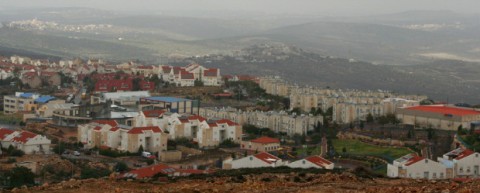Adopt a settlement: Christian Zionists and the West Bank

Palestinian President Mahmoud Abbas went to the United Nations in September seeking member status for a Palestinian state that would be configured along the pre-1967 borders. One of the primary reasons the Palestinians took their case to the UN instead of working through the negotiated peace process is the ongoing establishment of Israeli settlements in the West Bank, which has been occupied by Israel since 1967.
In May, Israeli Prime Minister Benjamin Netanyahu reasserted his country's unwillingness to consider the 1967 lines as a viable border between Israel and a future Palestinian state: "While Israel is prepared to make generous compromises for peace, it cannot go back to the 1967 lines, because these lines are indefensible; because they don't take into account certain changes that have taken place on the ground." Israeli settlements are the primary "changes that have taken place on the ground."
In creating those settlements, Israeli settlers have been aided over the past four decades by Christian Zionists in the U.S. Between 2005 and 2009 I researched one such settlement —which most of the world considers illegal—and the support it receives from American Christians.




